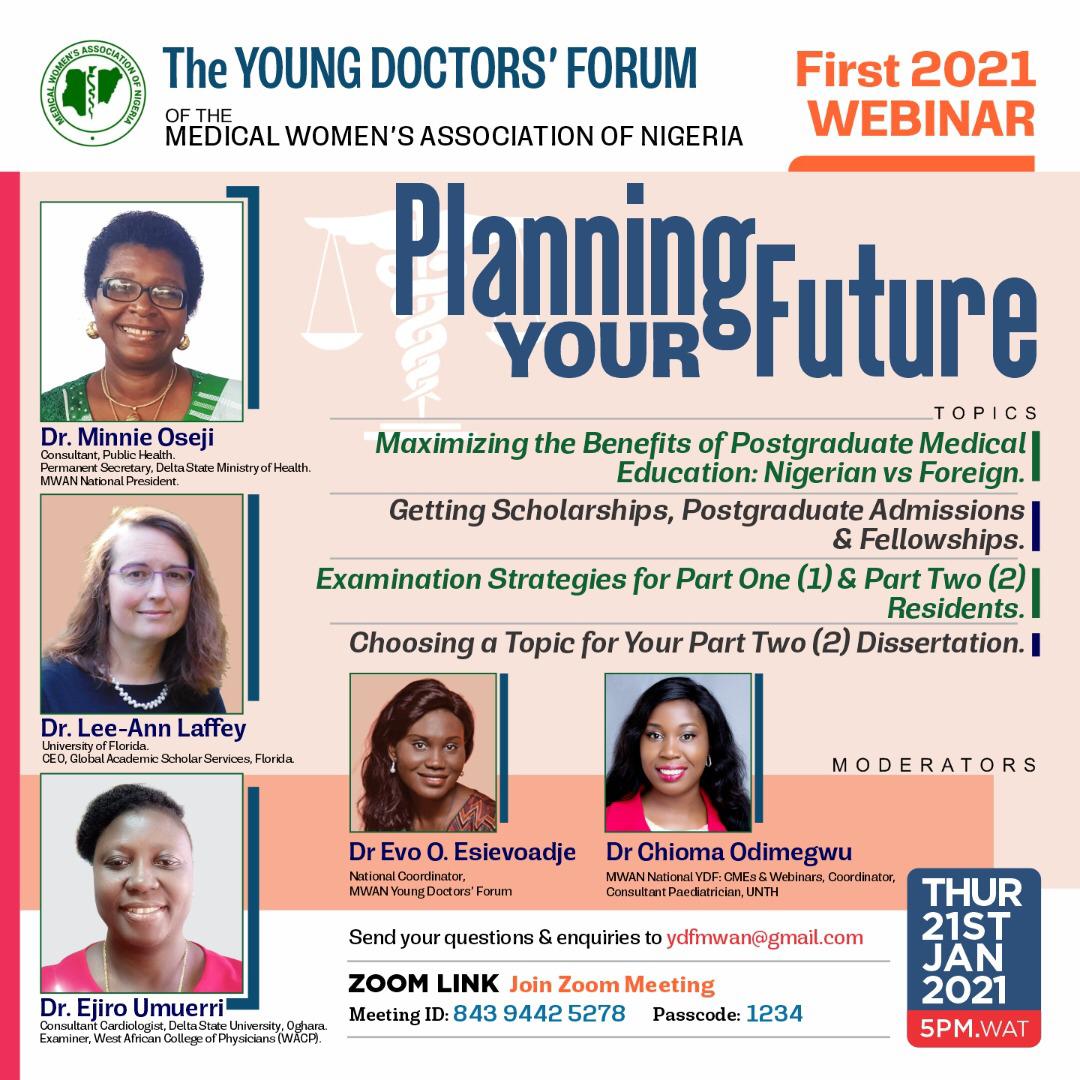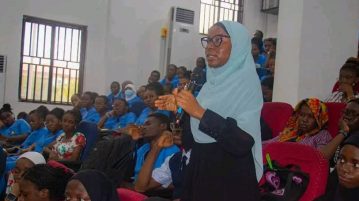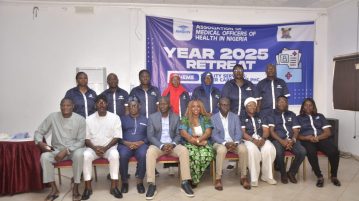During the “Planning your future” webinar organized by the Medical Women’s Association of Nigeria (MWAN) for her Young Doctors’ Forum inclusive of medical students, one of the guest speakers – Dr. Lee-Ann Laffey spoke extensively on the factors that contribute to successful applications into any graduate program, scholarship or fellowship. Also, she emphasized that it is important to understand the processes and what different schools are looking for in applicants. For example, when applying for US scholarships, it is mandatory to have the US accreditation.
According to her, key factors considered when applying to gain acceptance into any graduate program, scholarship or fellowship are –
1. Test scores and language requirements:
International universities typically require the Graduate Record Exam (GRE), TOEFL or IELTS for non-native speakers of English.
Medical school graduates are required to write the MCAT – for Medicine related applications. GRE tests general knowledge and ability of candidate to communicate – verbal, quantitative and analytical writing.
Average scores for GRE are 154 in verbal, 148 in quantitative and 4 in analytical writing. Average for GMAT is 685 (for MBA candidates), for TOEFL is 98 (for everyone), for IELTS is 7 but the higher the scores the more preferable.
2. Clear personal statement or motivation letter should outline;
- Who you are as a person: Tell your story in a unique way; something you have overcome, something to keep the reader more inquisitive; wanting to know what you have done and what you can offer as a part of the program.
- Who you are as a (medical) professional: Include details about your research, coursework, academic experiences and major achievement.
- How do you see yourself fitting into the desired program: How your research line up with the research of the professors in the institution, how you can and would connect to your faculty in the university, your career aspirations.
- What you hope to achieve by gaining acceptance into the program of your choice: what will you gain and share with the world and Nigeria, how will you change the world with the knowledge.
Framing your work and academic experience: Self-check questions –
- Are you participating in at least three education-based activities?
- Are you “building a layer to the foundation” towards your admission?
- Are your activities and coursework connected and compatible? (Are you linked to what you want
to study? Have you been doing projects on it? Do your activities add to the improvement of your
career and the society?) - What do you want the admissions council to get about you from your statement/letter?
Express your vision appropriately and sell yourself to the admission council. You can also send your application letter to people who don’t know you, let them proofread and give feedback on what they learnt about you from it. Then, weigh if it conveys the message you want to pass across to the Admission counselor. This step apply to all applications – admissions, scholarships or fellowships.
3. The secrets to having effective Letters of Recommendation:
- Who should write this letter: For student and recent graduates – Your College Professors and supervisors. They could also include, superiors at work, colleagues or equals who share same initiatives, directors of internship or fellowships and Mentors.
These are people that know you personally, the work you have done, or have even collaborated with you. They should be able to write of your good working relationship.
- What you should ask your recommenders to write include: What they can tell about you, your unique accomplishments, what makes you special – your academic scores (with clear grading system and interpretation), leadership, motivation and research.
Be polite when asking for a recommendation letter. A solid recommendation letter should easily pinpoint what stands out about an applicant, including personal experience from academic relationship such performance in class, laboratory, highlighting what you do well and how you do it… and unique accomplishments that fit well into the program or fellowship been applied for.
- niche.com: here you can search graduate schools, ratings, specialization, score requirements and direct links to the schools.
- Opportunitydesk.org: here you can apply for fellowships, scholarship, employment opportunities etc. with specific directions given. Also, Youthop.com.
Editors note:
This article was collated by Glory Enoche Alapa (Final year medical student, UNIJOS) and Olajumoke Adewole (fifth year medical student, LASU) from the Young Doctors’ Forum of the Medical Women’s Association of Nigeria (YDF-MWAN) webinar on Thursday, 21st of January, 2021. Webinar was convened and moderated by Dr. Evo Esievoadje and Dr. Chioma Odimegwe under the tutelage of Dr. Minnie Oseji, MWAN the National President.




